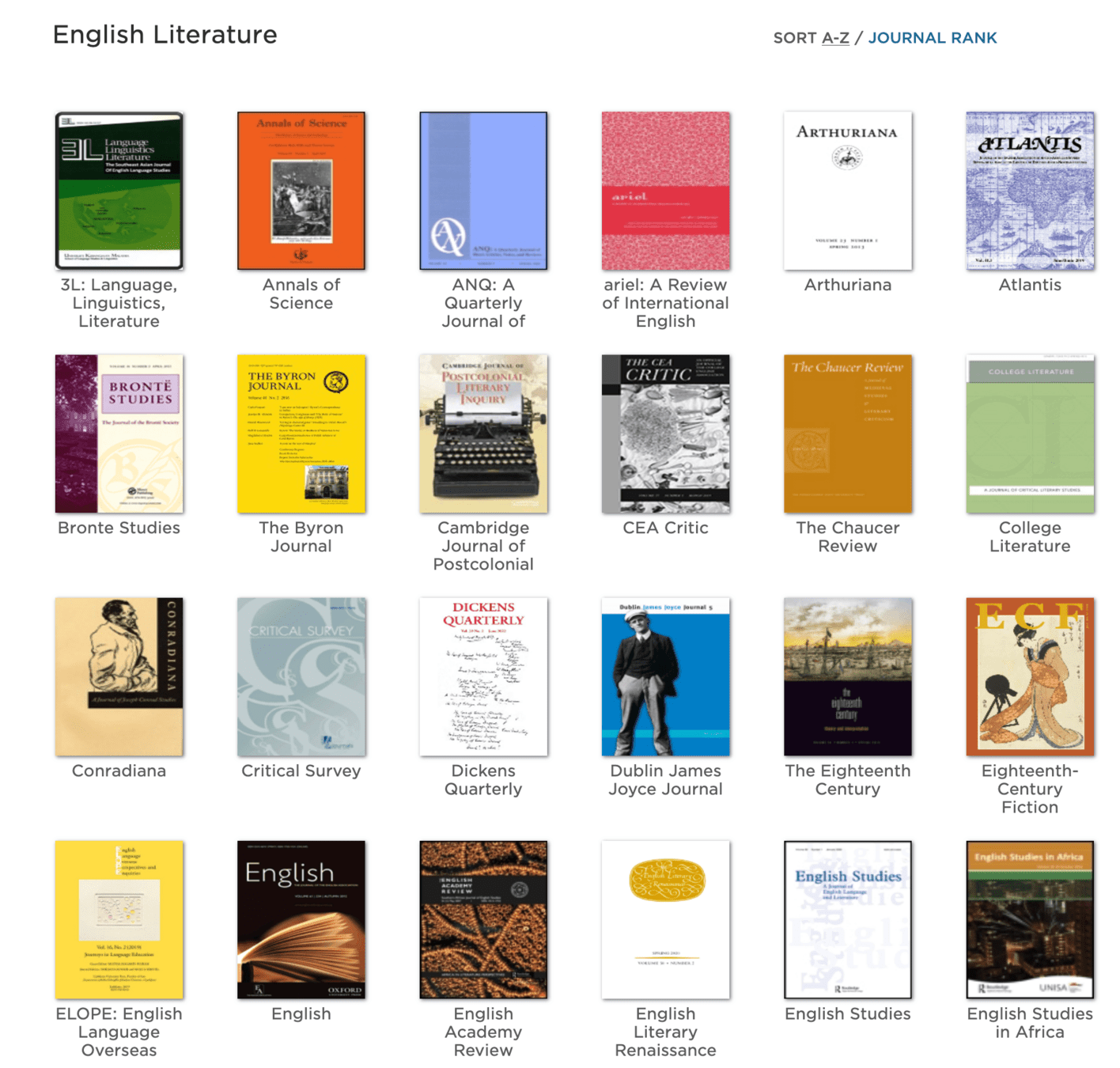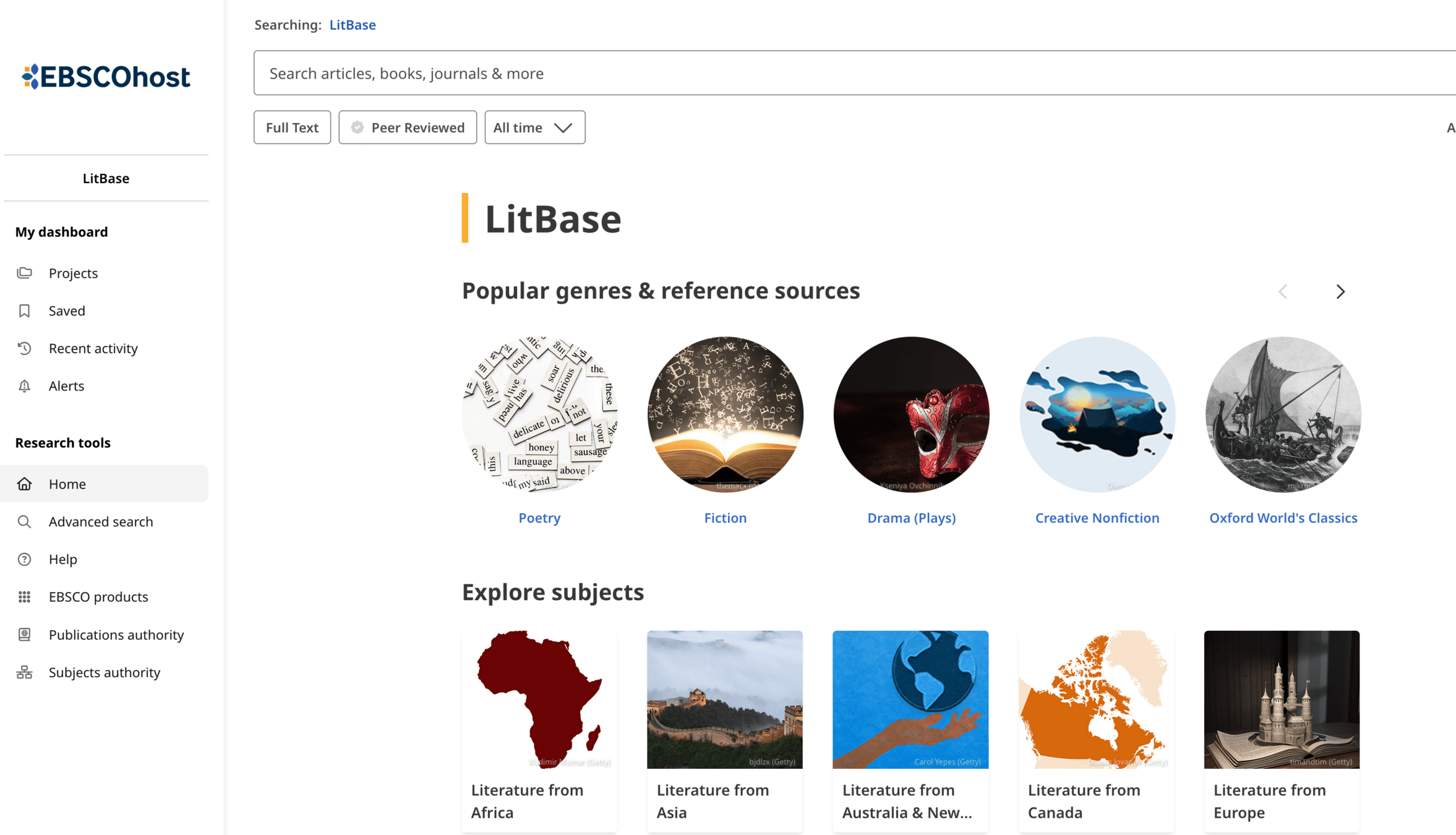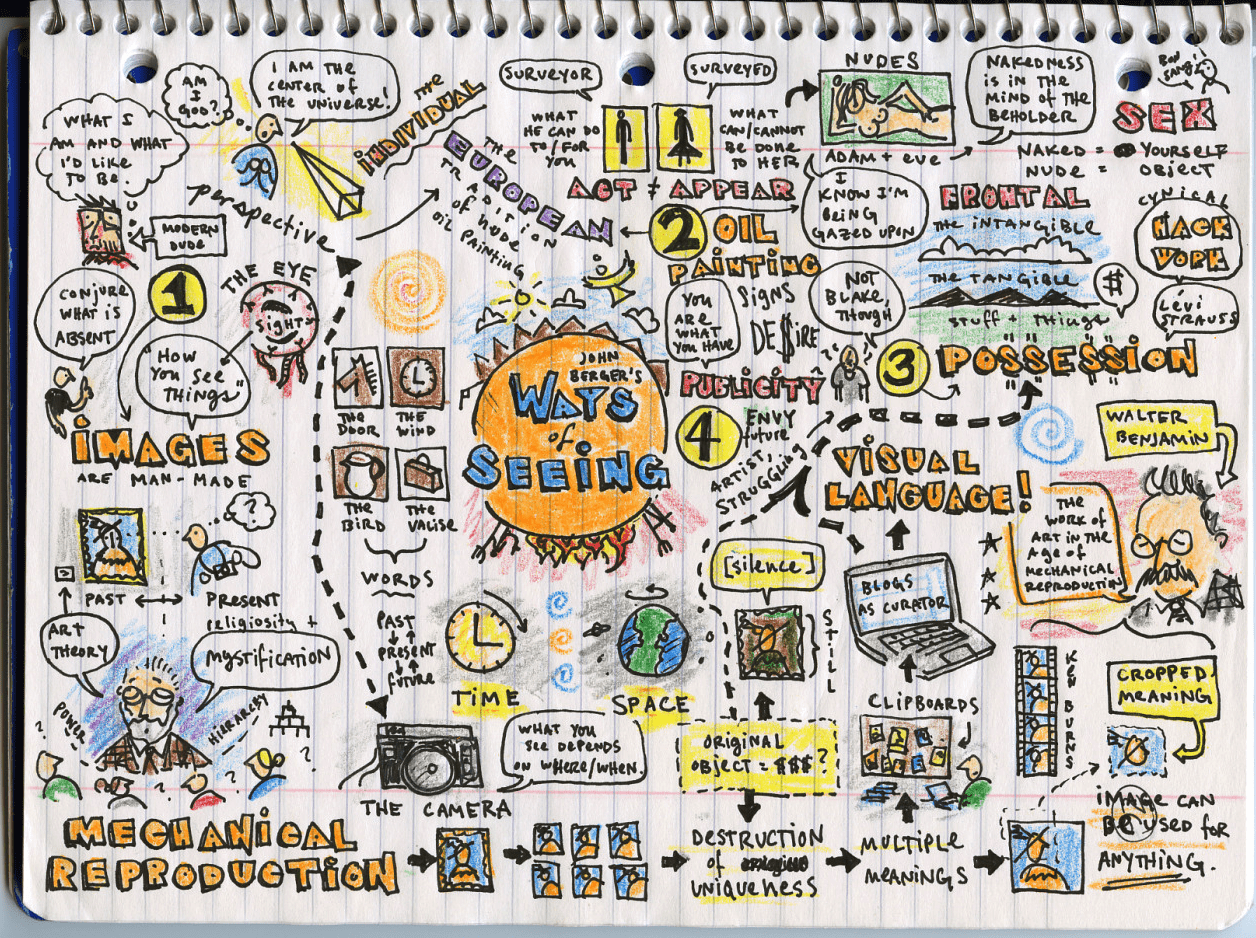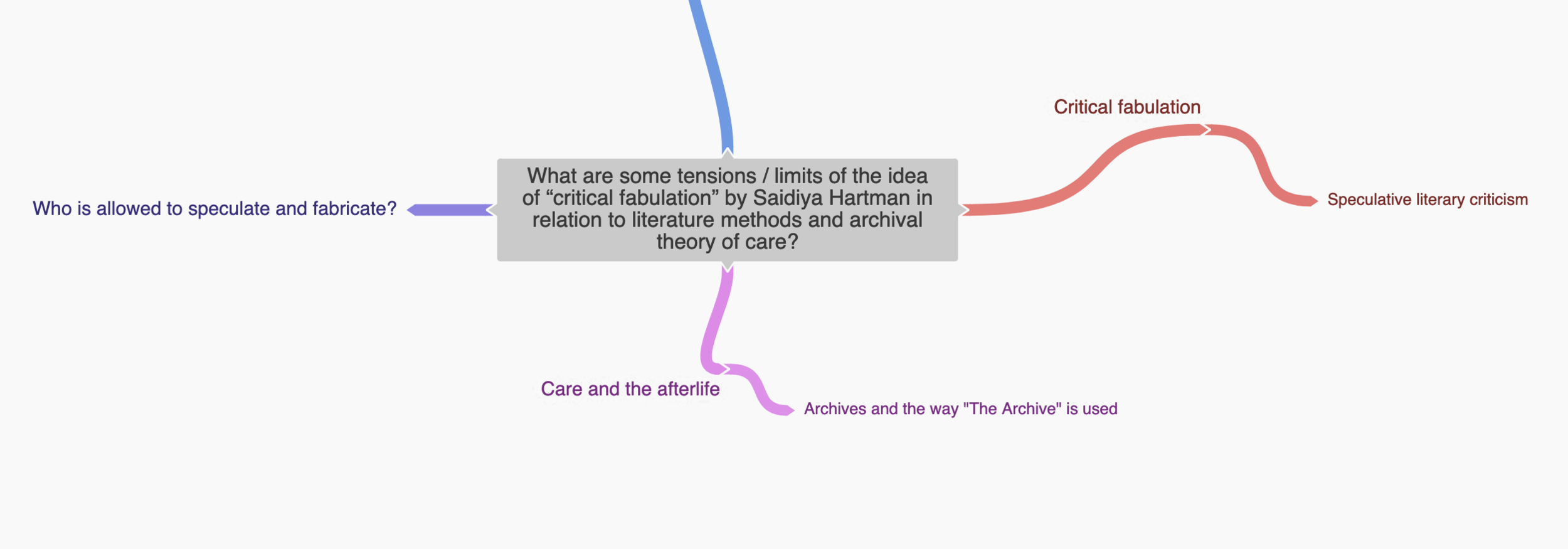Introduction to Literary TheoryRoberto Vargas
Celia Caust-Ellenbogen
Introduction to Literary Theory - library researchRoberto Vargas
rvargas1@swarthmore.edu
Today
1. Research as a skill
2. Language of research
3. Tools of research
Angelus Novus, Paul Klee
> Your research approach:
Where do you begin?
Angelus Novus, Paul Klee
> Research as an emotional process
"By seeking and blundering we learn." - Johann Wolfgang von Goethe
Angelus Novus, Paul Klee
> Research can be:
- frustrating
- confusing
- joyful
Why
does
this
place
exist?
What
is
indexed
by
google?
15 - 20%
up from 3% 10 years ago
But not everything
What do these physical books have?
No terms and conditions on physical books
Shareabilty
Censorship
No third party for profit middle manager
The idea of the pastiche
Capitalist Realism
20th century Modernist Literature
Fedric Jameson's Postmodernism, or, the Cultural Logic of Late Capitalism
The political in Literature
The idea of the pastiche
Capitalist Realism
20th century Modernist Literature
Fedric Jameson's Postmodernism, or, the Cultural Logic of Late Capitalism
The political in Literature
What do you see?
The Art of Creating Keywords
&
One Minute History on Ted Nelson
Together:
What are some tensions / limits of the idea of “critical fabulation” by Saidiya Hartman in relation to literature methods and archival theory of care?

The library catalog

Scholarly journals

Databases
The library digital ecosystem
Tools:
[to start] Oxford Bibliographies
[to develop] LitBase & MLA International Bibliography
Ways of organizing: Concept Mapping

Ways of organizing: Concept Mapping

Thank you
rvargas1@swarthmore.edu
or make at appointment
https://swarthmore.libcal.com/appointments/libraries
Using Swarthmore
Special Collections
Celia Caust-Ellenbogen
ccauste1@swarthmore.edu
archival project: locate a tightly defined set of writings or historical
documents that have been largely neglected but that you deem to be of
scholarly value. (Resources include special collections across the Tri-Co &
UPenn, or at Philadelphia libraries such as the Free Library or the Rosenbach.) Compose a 6-8 pp. introduction that puts these writings/documents in discussion with the current scholarship in the relevant field and provides some previews and close analysis of the content.
What can Special Collections offer to those reading and writing about literature?
-
books as material culture (object histories)
-
writings by readers (and commonplaces)
-
literary papers of authors about their writings
-
general historical context that can add understanding to literature
-
unpublished documents that can be read as literature
- What is your item?
- If you were writing an article about Uncle Tom's Cabin, what is one thing you might say about this item in your article?
-
Which library collection do you think your item came from?
- Friends Historical Library
- Peace Collection
- College Archives
- Rare Book Room

Suggested starting points
-
Sermons e.g. Friends Historical Library Collection of Sermons (SFHL-MSS-047) - NB: Lucretia Mott
-
Speeches e.g. Frank Aydelotte speeches (SFHL-RG6-D07 Ser. 3) - NB: speeches on Palestine
-
Journals e.g. FHL Collection of Journals (SFHL-MSS-003) - NB: wars (Civil War, WWII in Germany), Native Americans, spiritual, etc.
-
Manuscripts e.g. FHL Collection of Misc MSS (SFHL-MSS-004) - NB: “Dying words of children, Great Britain, 1675-1709”
-
Thich Nhat Hahn materials in Peace Collection
-
Published but under-studied texts:
-
Towards a Quaker View of Sex - credited as the first religious pamphlet supportive of homosexuality
-
"History of Jemima Wilkinson" - early 19th century biography of a gender non-conforming person
-
Off-Campus Archives
-
Find materials:
Catalog of archives/manuscripts across Philadelphia region: https://findingaids.library.upenn.edu/
Catalog of books, rare books, archival collections, etc. worldwide: https://search.worldcat.org/
-
Prepare for your visit
Contact them in advance - ask if an appointment is necessary
Ask permission to photograph - and if granted, take lots of pictures! Including folder/box labels for citation information
Bring a sweater and pencils
DO NOT bring food or drink
ENGL 080 - Intro to Lit
By Swarthmore Reference
ENGL 080 - Intro to Lit
- 303



